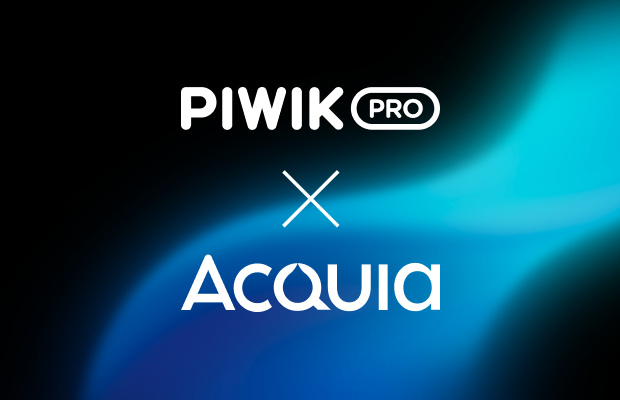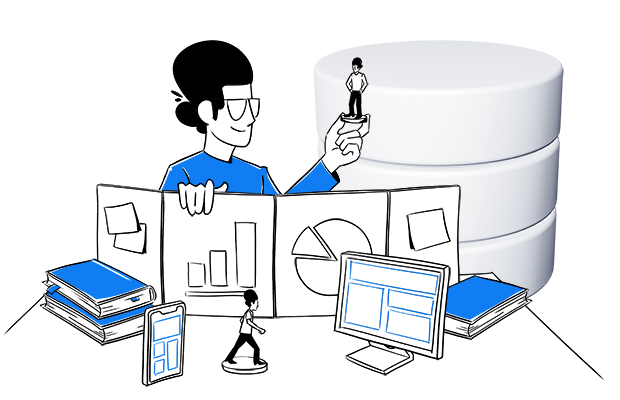Electronic Protected Health Information (ePHI) refers to any Protected Health Information (PHI) that is created, stored, transmitted, or received in an electronic format. ePHI is subject to strict regulations in the United States under the Health Insurance Portability and Accountability Act (HIPAA), which sets standards for safeguarding sensitive patient data.
Key characteristics of ePHI
ePHI encompasses a wide range of identifiers that can be used to trace an individual’s health information. The following are examples of data classified as ePHI:
- Geographic data: Information about a person’s location.
- Social security numbers: Unique identifiers assigned to individuals.
- Email addresses: Contact information that can be linked to health records.
- Medical Record Numbers: Unique identifiers for patient records within healthcare systems.
- Account numbers: Financial or billing information associated with healthcare services.
- Health plan beneficiary numbers: Identifiers for individuals enrolled in health plans.
- Web URLs: Links that may contain personal health information.
- Device identifiers and serial numbers: Identifiers for medical devices used by patients.
- IP addresses: Internet Protocol addresses that can be associated with online health records.
- Any unique identifying number or code: Additional identifiers that can link to an individual’s health information.
Importance of Protecting ePHI
The protection of ePHI is critical for maintaining patient privacy and trust. Organizations that handle ePHI must implement robust security measures to comply with HIPAA regulations, which include:
- Data encryption: Ensuring that ePHI is encrypted both in transit and at rest to prevent unauthorized access.
- Access controls: Implement strict access controls that limit who can view and manage ePHI.
- Regular audits: Conduct audits and assessments to ensure compliance with HIPAA requirements and identify potential vulnerabilities.
Understanding and protecting Electronic Protected Health Information (ePHI) is essential for healthcare providers and organizations. By adhering to HIPAA guidelines and implementing effective security practices, organizations can ensure the confidentiality and integrity of sensitive patient data while fostering trust in their services.
For comprehensive details on HIPAA regulations and compliance requirements, visit the HIPAA Journal.
Read more on this topic on our blog:
HHS guidance on using online tracking technologies: How to make your analytics HIPAA-compliant
Healthcare organizations should focus on improving the patient’s digital experience










